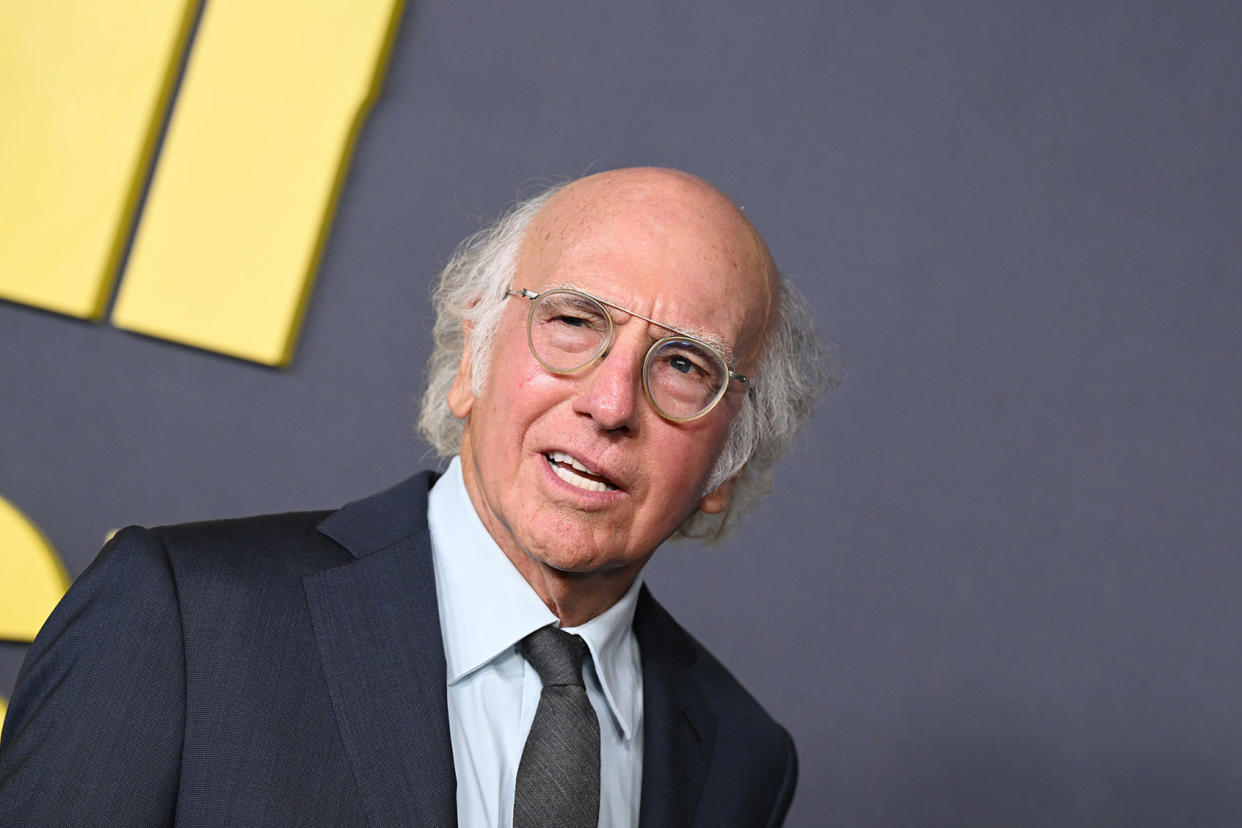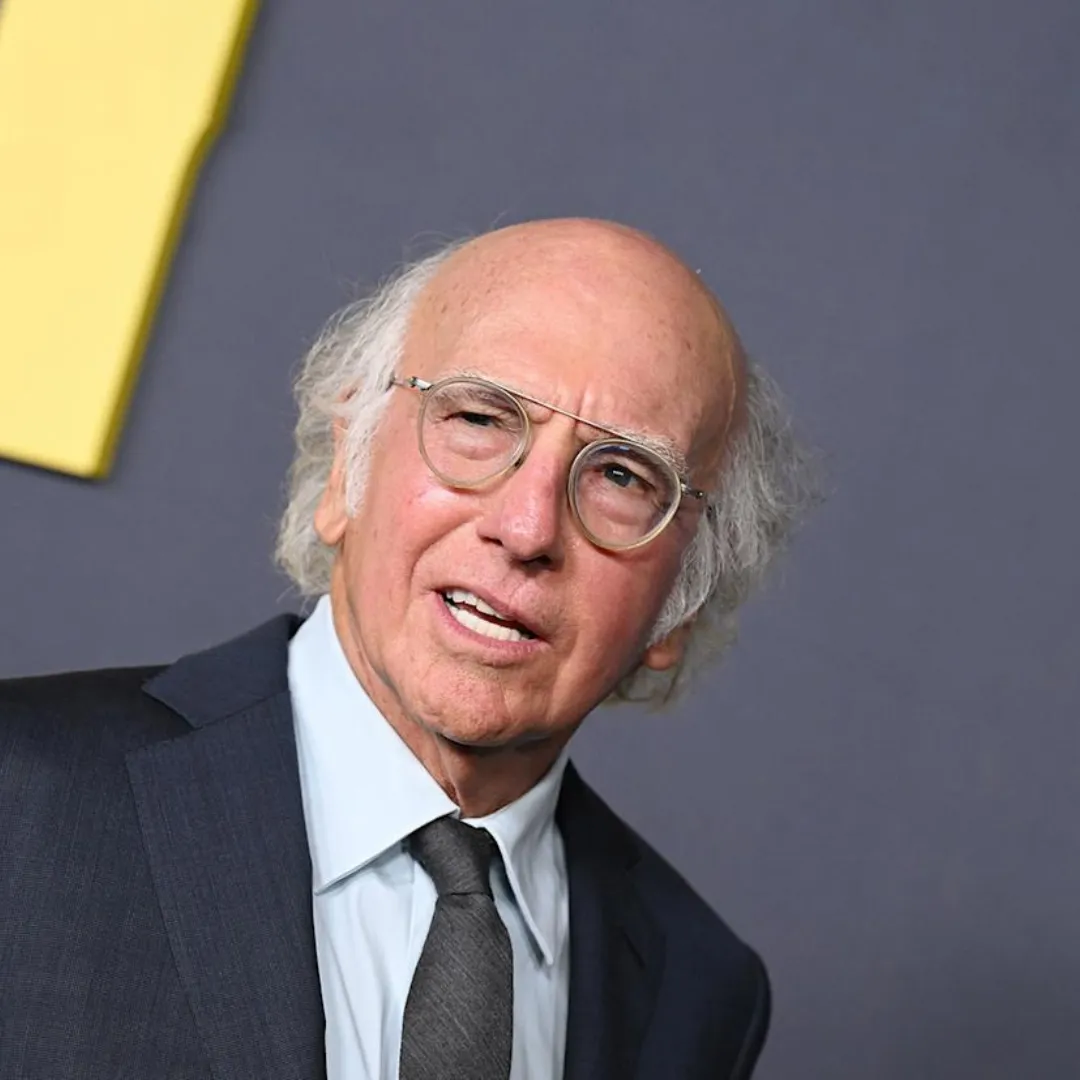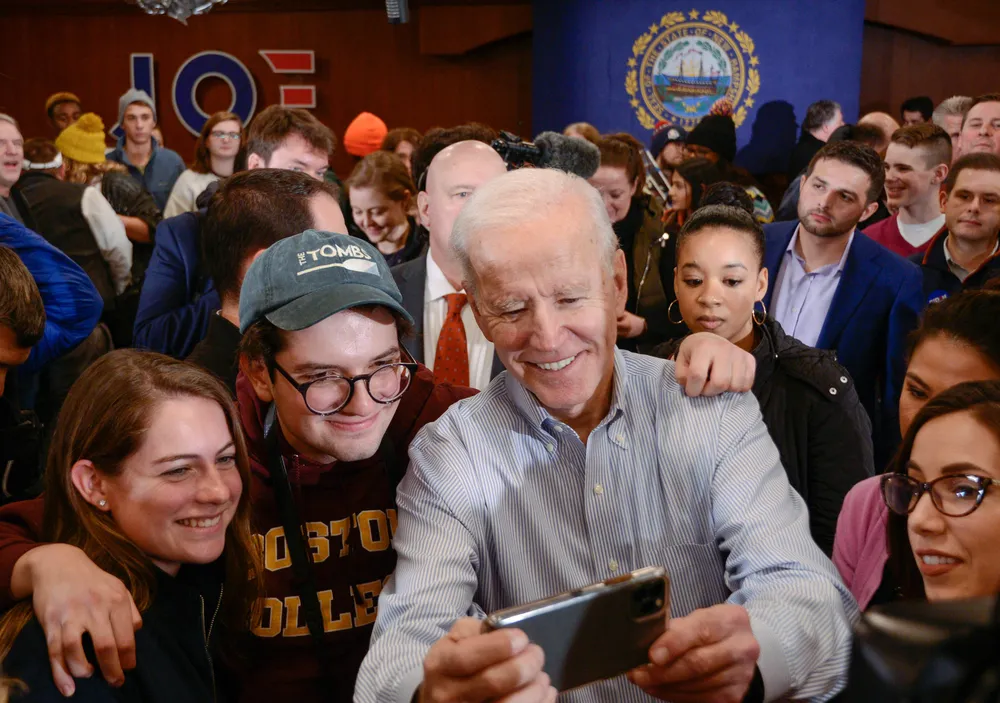Comedian Larry David, known for his sharp wit and irreverent humor, has delivered a biting critique of Bill Maher in the form of a satirical essay published in The New York Times.
In "My Dinner with Adolf," David takes aim at Maher’s controversial dinner with former President Donald Trump, using the fictional meeting between himself and Adolf Hitler as a comedic lens through which to explore the dangers of normalizing dangerous figures under the guise of open-mindedness.
While David never directly names Maher, the timing of the essay and its clear thematic focus on a public figure’s attempt to humanize a notorious historical villain make it abundantly clear who the target is.
Maher, who has long been a critical voice in liberal circles, has recently come under fire for his decision to dine with Trump, sparking backlash from many who argue that such an encounter not only legitimized Trump’s extremist views but also played into his image as a sympathetic, relatable figure.
Maher, who often prides himself on being a free-thinking provocateur, seemed to find himself at odds with many of his fans and peers after the dinner, leading to widespread criticism from across the political spectrum.
In David’s fictional dinner, the comedian imagines himself meeting Adolf Hitler, but instead of encountering the monster of history that he expects, David’s narrator is confronted by a more personable and, oddly enough, "authentic" version of the Nazi dictator.
The narrator enters the meeting prepared to find the same public figure he has read about in history books: cold, calculating, and utterly evil. But when they sit down to break bread, David’s version of Hitler is surprisingly different.
David’s narrator is initially taken aback by the casual nature of the dinner, and more so by the strange sense of relatability he begins to feel with the dictator. “Here I was, prepared to meet Hitler, the one I’d seen and heard—the public Hitler,” David writes. “But this private Hitler was a completely different animal. And oddly enough, this one seemed more authentic, like this was the real Hitler.
The whole thing had my head spinning.” The juxtaposition between the private, "real" Hitler and the monstrous figure that David’s narrator has always known serves as a satirical commentary on the dangers of giving any public figure the benefit of the doubt, particularly when that figure is responsible for atrocities.

The piece plays on the notion that some individuals, such as Maher, are drawn into the trap of believing that engaging with such figures on a personal level—finding common ground, sharing a laugh—can somehow lead to greater understanding. Maher famously described his dinner with Trump as an eye-opening experience, marvelling at the former president's ability to laugh at himself.
“I’ve never seen him laugh in public,” Maher said after the dinner. “But he does, including at himself. And it’s not fake. Believe me, as a comedian of 40 years, I know a fake laugh when I hear it.” It’s this kind of attempt to humanize a deeply divisive and controversial figure that David skewers through his fictional meeting with Hitler.
As the dinner continues, David’s narrator begins to feel an unsettling sense of camaraderie with Hitler. The dialogue between them becomes a darkly comedic exploration of how the normalization of harmful figures can easily slip into a kind of absurd acceptance.
The narrator, still believing he’s critical of Hitler, ends the dinner with a disturbing and misguided gesture of respect, thinking it is a form of diplomatic decency.
David ends the piece with the narrator, despite all his inner turmoil and supposed self-awareness, foolishly saluting Hitler in the end: "I must say, mein Führer, I’m so thankful I came. Although we disagree on many issues, it doesn’t mean that we have to hate each other.”
This moment, in which the narrator gives a final salute, symbolizes the absurdity of trying to reconcile with figures who should never be normalized. David’s clever twist exposes how easy it is to be manipulated by the idea of civil discourse, particularly when one believes that they are still standing up for the right values.
The central theme of David’s piece is a critique of Maher’s desire to appear above the fray and engage with Trump in a supposedly more open-minded way. David’s essay uses Hitler as an exaggerated figure to show how absurd this line of thinking can be.
By presenting an encounter with a despised dictator who becomes oddly "likable" over dinner, David illustrates the risk of mistakenly thinking that one's good intentions can somehow counterbalance the damage done by the very person they’re engaging with.
David’s use of dark humor and satire is a masterstroke, as it forces readers to confront uncomfortable truths about how we interact with individuals who perpetuate harmful ideologies. Through the lens of this fictional dinner with Hitler, David shows how allowing oneself to be drawn into the myth of "understanding" someone like Trump or any other figure who has spread hate and division can ultimately lead to complicity.
The piece also critiques the liberal tendency, especially among some prominent figures like Maher, to overestimate the power of dialogue with those whose views are dangerous. By dining with Trump, Maher and others like him might believe they’re achieving some greater level of political engagement or diplomacy, but David suggests that in doing so, they risk normalizing the very forces they should be opposing.
His narrator’s final gesture, the salute to Hitler, is both the punchline and the tragic point: a demonstration of how far one can drift from the moral high ground when seduced by the false promise of connection with the enemy.
In a broader sense, David’s essay is a call for accountability. It challenges those, particularly public figures, who may be tempted to play the role of the enlightened liberal trying to "understand" the other side.
The danger, as David shows, lies in how easily such interactions can be co-opted, misused, or misinterpreted, ultimately reinforcing the positions of those whose ideologies are not only wrong but dangerous. The dinner with Hitler becomes a dark parable for Maher’s dinner with Trump: an attempt to build bridges that instead only leads to moral confusion and self-deception.
Through “My Dinner with Adolf,” Larry David uses satire to make a pointed commentary on the political landscape today.

By comparing Bill Maher’s real dinner with Trump to a fictional meeting with one of history’s most notorious figures, David exposes the folly of attempting to humanize individuals whose actions have caused irreparable harm. The piece leaves readers with a stark reminder that, while dialogue is important, some figures—no matter how "authentic" or "charming" they may seem in private—should never be given the benefit of the doubt.



